

Information Technology
By StratComms
Text – Joseph E. Marshall, PhD
Stats – Brendan Cox
Images & Layout – Robert Prickett
Compute this: in the mid-1980s – when women comprised nearly half of the computing workforce and earned over 70% of the computing-related degrees – black women only made up 8% of that labor market and graduated with less than 3% of those degrees.1 In the nearly four decades that followed, the numbers for black women remained mostly stagnant. According to a recent study, “Engineering by the Numbers,” black women received only 4% of all undergraduate Engineering degrees, and only 1.4% went on to pursue a master’s degree in 2018.2 Furthermore, most of the tech giants, such as Google and Facebook, report that black women comprise just 0.7725% and 1.4% of their total workforce!3 The final result: black women are 2.5-9x underrepresented in engineering (computer science included).4
Researchers postulate that the targeted marketing of video games and home computers to boys in the 1980s and beyond contributed to the overall decline of female interest in computer science. This theory is sound because the toys children play with not only shape how they learn to think but also how they spend their time developing specific skills. For black women, though, it’s not just about advertising; it’s also about access. As the data show, black women still encounter significant obstacles to technical education, resources, and opportunity. According to the National Science Foundation, from 2003-2016, black women experienced the sharpest declines in STEM-related bachelor’s degrees:
Fortunately, this outdated social code in which an entire demographic gets firewall-ed is being rewritten by nonprofits like Black Girls Code, debugged by conferences like Black Women Talk Tech, and hacked by tech-celebs like Lyndsey Scott. Also, thanks to the movie Hidden Figures, the American consciousness has greater awareness of how vital black women are to the development of computer science and the advancement of technological innovation. Below is a timeline celebrating some of the inspiring and pioneering black women in the field:
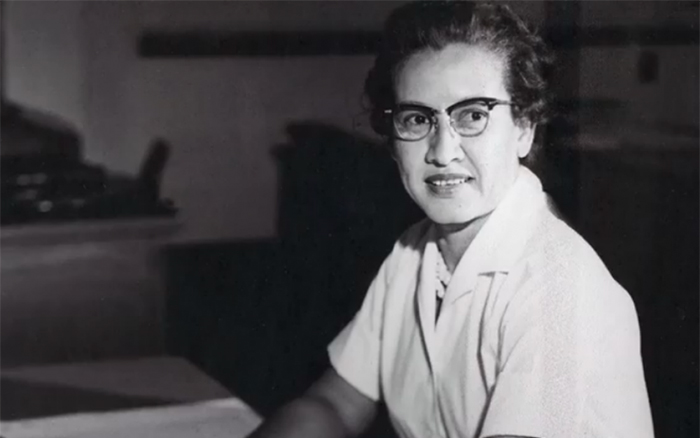
Katherine Johnson warded Congressional Gold Medal in 2019, worked for NASA for 35 years and was widely known for her mastery of complex manual calculations. Her calculations of orbital mechanics led to the success of the first U.S. crewed spaceflight. She also helped champion the early use of computers to perform the agency’s complex equations. There would be no “one small step for man” if it weren’t for this larger-than-life black woman.

Dorothy Vaughan worked for the National Advisory Committee for Aeronautics (NACA) and NASA for 28 years. She was the first acting supervisor of West Area Computers – a unit of black women mathematicians or “human computers.” In the 1960s, she taught herself and her staff Fortran (a programming language) to prepare for the switch to machine computers.
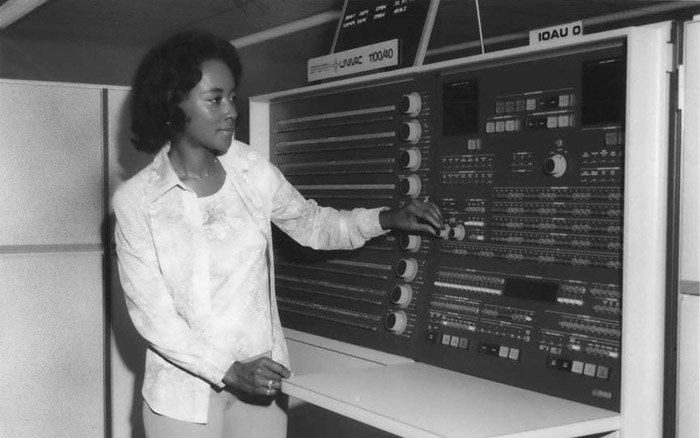
Annie Easley, an accomplished mathmatician and rocket scientist, was one of the first black women computer scientists at NASA. She was a leading member of the software development team that worked on the Centaur rocket and became an adept computer programmer using Fortran among other languages.
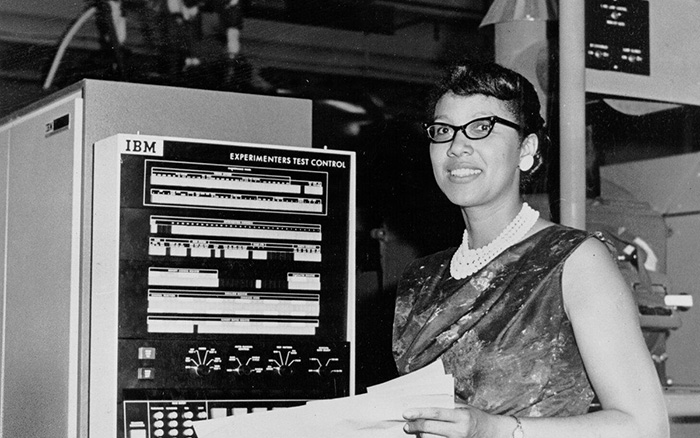
Melba Roy Mouton served as Assistant Chief of Research Programs at NASA. She not only lead a group of human “computers” in the 1960s but also contributed heavily to programming language and documenting computer code in her tenure.
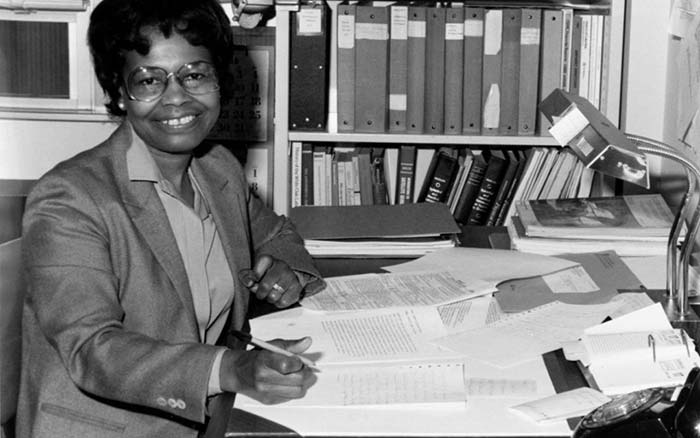
Gladys Mae West was inducted into the U.S. Air Force Hall of Fame in 2018, is widely celebrated for her work on mathematical modeling and satellite development. Her contributions helped clear a path for the Global Positioning System (GPS). She was a programmer for large-scale computers and manager of data-processing systems.

Mae Jemison is an engineer, physician, entrepreneur, author, professor, and astronaut, is the first black woman to travel into space aboard the Endeavour. After leaving NASA in 1993, she founded a technology research company and a non-profit educational foundation. Her famous quote continues to inspire: “Never be limited by other people’s limited imaginations.”
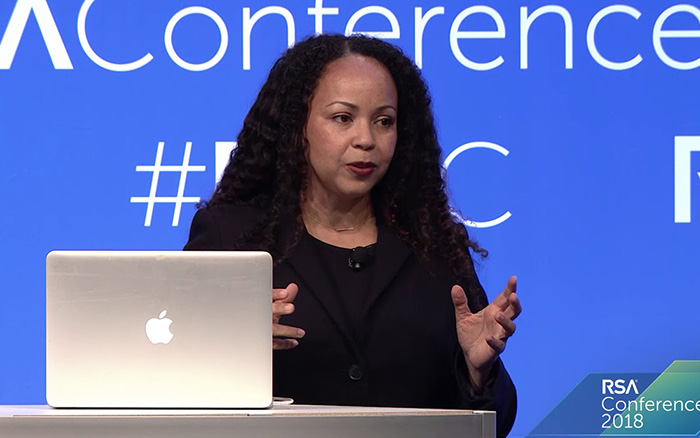
Window Snyder is a computer security expert who has served as a top security officer for several leading tech companies, such as Microsoft, Apple, and Mozilla.
While we celebrate all black women in technology this month, let us also look to the next generation of programmers, scientists, entrepreneurs, and industry leaders. Forbes recently reported that because technological innovation will affect every sector of the U.S. economy, the number of tech jobs will significantly outpace the number of qualified applicants, particularly among women.5 Recognizing the inherent benefit of inclusion and expanding the voices of black women throughout Information Technology should not be a once-a-month event. At Eccalon, we live our creed, “We are one team, one Eccalon,” and from our internship program and career recruitment to our community outreach and executive leadership, we strive to ensure that the next Katherine Johnson and Mae Jemison work here.
1 https://ncsesdata.nsf.gov/ids/ The term computing comes from the Latin computare, which means to calculate and account for. In the early history of “computing” science, people would write and calculate algorithms. Given the perceived clerical nature of this activity, many computing degrees and jobs were obtained by women.
2 https://ira.asee.org/wp-content/uploads/2019/07/2018-Engineering-by-Numbers-Engineering-Statistics-UPDATED-15-July-2019.pdf
3 For Google, cf. https://static.googleusercontent.com/media/diversity.google/en//static/pdf/Google_Diversity_annual_report_2018.pdf.
For Facebook, cf. https://about.fb.com/news/2018/07/diversity-report/
4 https://www.catalyst.org/research/women-of-color-in-the-united-states/
5 https://www.forbes.com/sites/forbestechcouncil/2020/03/10/top-three-reasons-we-need-more-women-in-tech/#152e86eb15fb